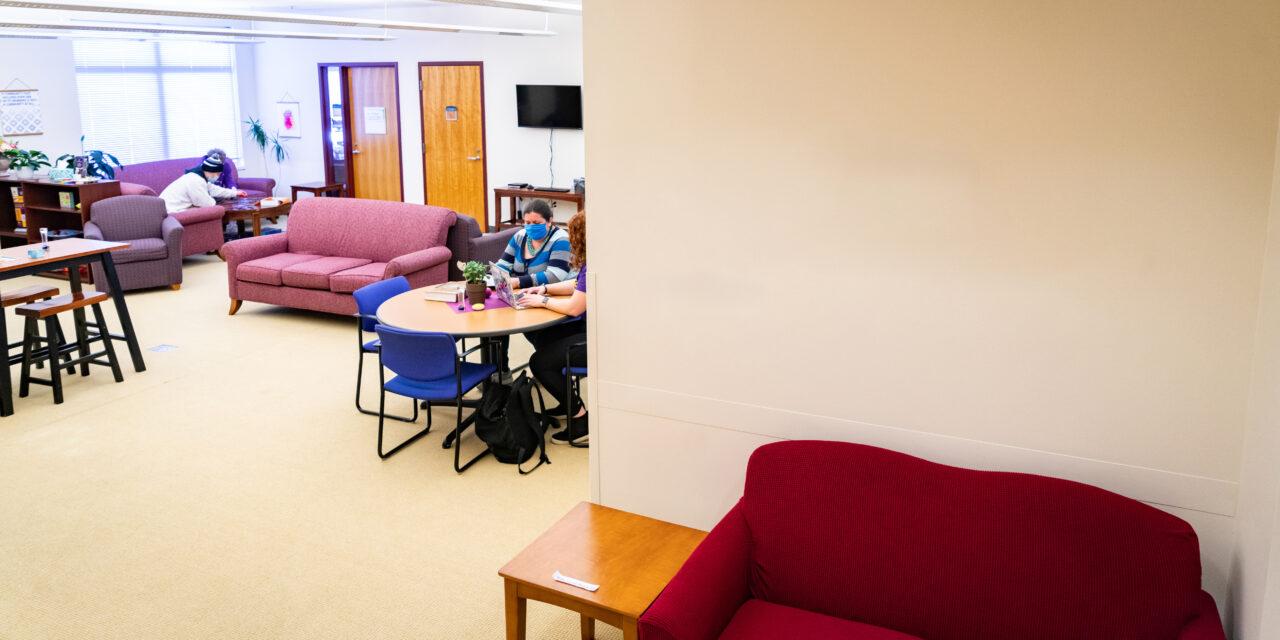You may be uncertain whether you qualify for or need academic accommodations. Accommodation services are provided through the Loras College Lynch Center and are available at no additional cost to students with documented disabilities.
No application is required for accommodations; however, students need to submit a copy of current disability documentation after acceptance to Loras. Documentation may be emailed to Lynch@loras.edu.
Accommodation Services
- Extended-time testing
- Testing in a distraction-reduced environment
- Texts in alternative formats
- Preferential seating
- Assistive technology
(including text-to-speech reading software) - Other services based on documented disability
The Americans with Disabilities Act (ADA) defines a disability as a substantial limitation of a major life function. Students requesting academic adjustments, accommodations, or auxiliary aids from Loras College are required to submit the documentation of their disability to the Lynch Center to verify eligibility under ADA, Section 504 of the Rehabilitation Act of 1973.
Students are encouraged to:
- Ask questions about your eligibility for services before you encounter difficulties.
- Get updated or first-time diagnostic testing before you come to college.
Requesting services or accommodations
- Schedule or arrange for an updated or first-time diagnostic testing before classes begin in August.
- Schedule a campus visit and request to meet with the Lynch Center.
- Apply to Loras College.
- Send copies of current (within three years) documentation of disability to the Lynch Center after acceptance to Loras and before the start of classes.
- Complete and submit our Accommodations Intake and Release of Information Form. These forms will be available after receiving the documentation.
Let’s Get in Touch
If you have any questions about the types of support, documentation requirements, or the application process, please reach out to the phone number or email address below so our amazing staff may assist you.
Lynch@loras.edu
563.588.7134


